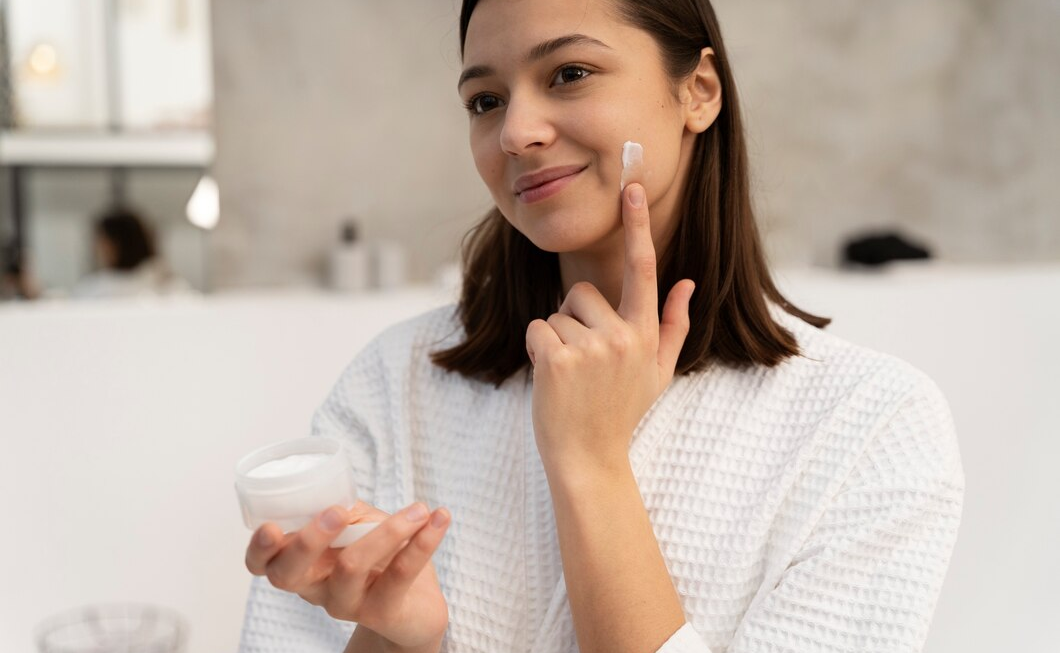Navigation through the sea of skincare products can be daunting to figure out. That too when you have acne-prone skin. The term “acne safe” is a popular term adorned by numerous skincare items promising acne-free skin. We read this term “acne safe” everywhere but don’t know what it actually means. How to decipher whether a product lives up to its claim?

Let us unravel the mysterious skincare products and their labeling through a resident esthetician’s intellect. Here are all the insights you need.
What does acne safe mean?
Let us clear the air from the misconception that acne safe means acne-free skin overnight. No! instead, it tells the importance of the product formulation and it’s is less likely to aggravate existing acne or trigger new breakouts. However, acne safe products are about minimizing the potential for pore-clogging ingredients which lead to acne on the skin.

Importance of Ingredients
Esthetician emphasize on the high significance of ingredients list on a product. Comedogenic ingredients in a product are known for steering the skin from clogging pores. Coconut oil, cocoa butter, heavy waxes and emollients are few to name which can happen to clog pores. Ingredients such as hyaluronic acid, niacinamide and salicylic acid are non-comedogenic and are more suitable for acne-prone skin.
Harsh and irritating ingredients are also a prominent ingredient that can cause acne in the skin. They are not comedogenic but are harsh. Alcohol, fragrances and certain essential oils strip the skin clear of its natural oils and lead to inflammation and potential breakouts. An acne safe product has gentle, soothing ingredients that promote skin health without causing unnecessary irritation.

The product texture is also a very important factor. Individuals with acne-prone skin find heavy creams or oils to combat dryness, but in reality, they formulations can exacerbate acne by suffocating the skin and trapping bacteria. Go for lightweight and non-greasy formulation for an acne-prone individuals. You can opt products that are oil-free or non-comedogenic to get clog free pores.
Diet
Diet is a major factor that contributes to the skin. Topical products play an important role in managing acne but factors such as diet, lifestyle and skincare routine also play a vital role in skin health.

A rich and balanced diet which include fruits, vegetables and omega-3 acids are a way to a healthy skin. To top it all off, stress-reducing activities such as yoga or meditation also works great.
Consistency
Everything grows well and nourishes when done with determination and consistency. So is the case with skincare. Changing formulas every now and then disrupts the skin’s natural balance and makes acne worse. Go for a simple but determined skincare routine tailored to your skin’s specific needs.
In conclusion, the term acne safe is multifaceted. This article is about to be well-informed decisions of skincare and its ingredients. The formulation and overall approach should be well researched before using. Remember, it’s not just about what you put on your skin, but also how you care for it from the inside out.



